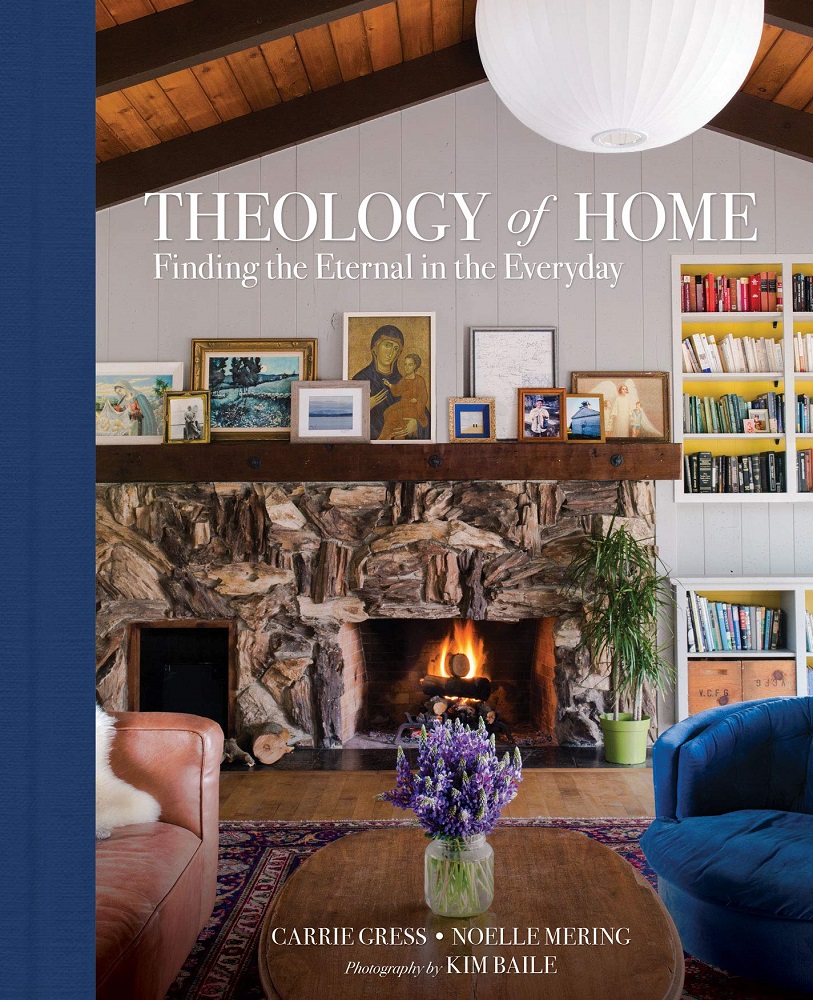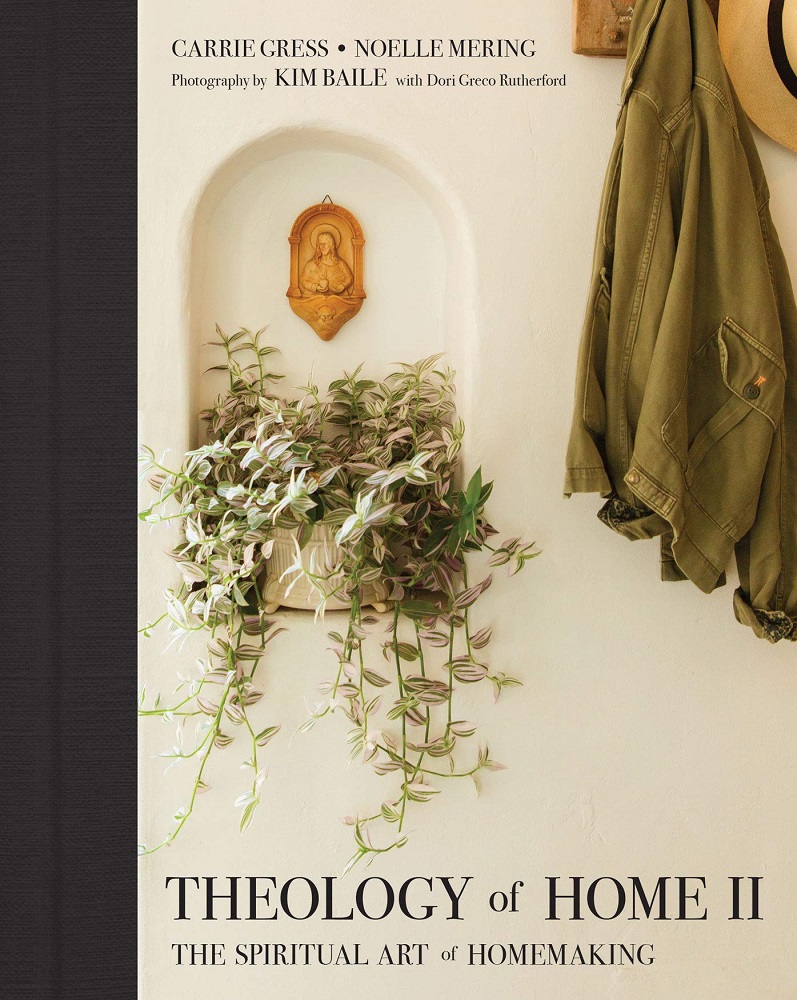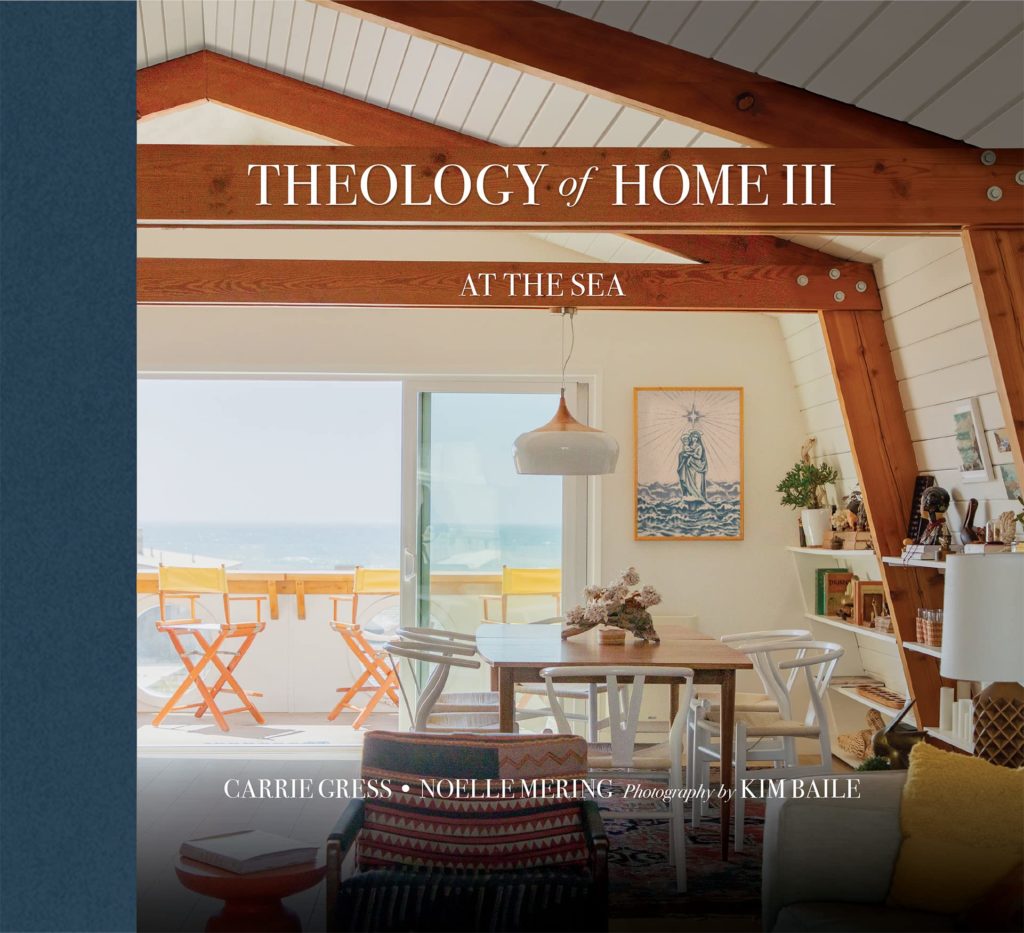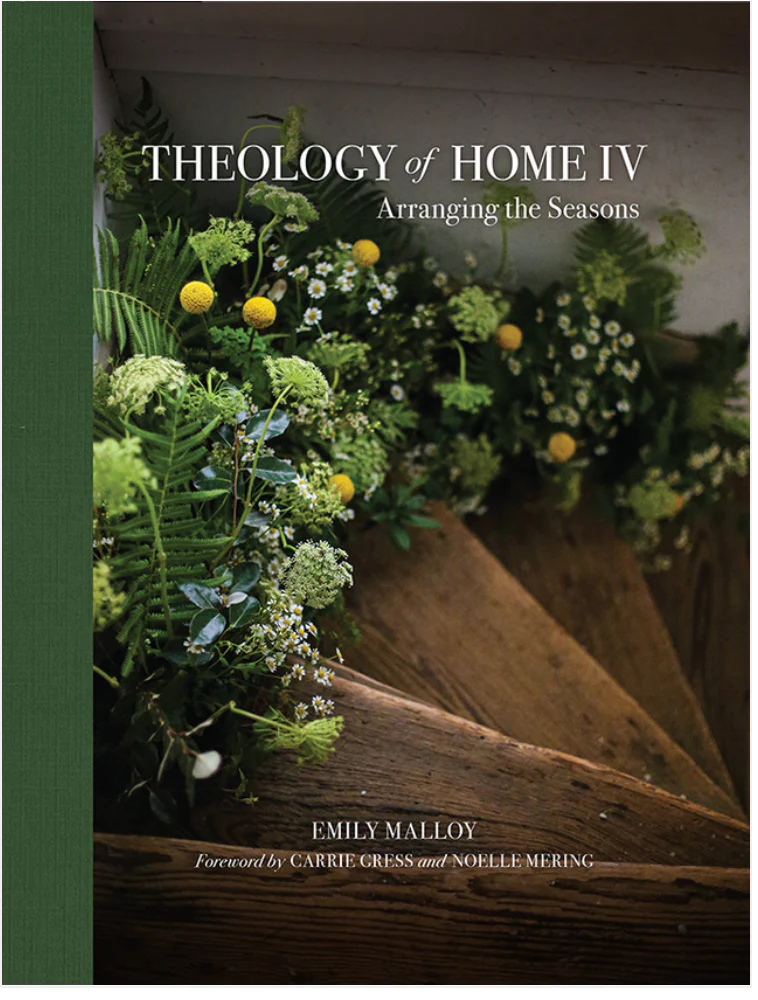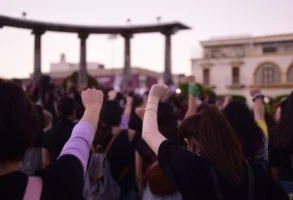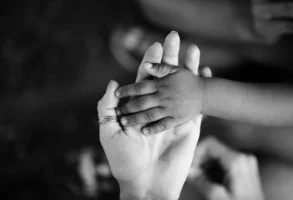Our current cultural climate is marked by woke ideology and the transgender tyranny; both come at the expense of womanhood and the family. Carrie Gress and Noelle Mering are tackling these in the Theology of Home Project through their books, speaking, and writing on these timely topics.
Noelle Mering, author of Awake Not Woke: A Christian Response to the Cult of Progressive Ideology, was among the first to expose the woke movement and is equipping students and families to identify its modes of indoctrination and to resist its manipulative promises of moral stature based on victimhood and sexually transgressive identities.
Carrie Gress is the author of The Anti-Mary Exposed: Rescuing the Culture from Toxic Femininity, and the forthcoming book The End of Woman: How Smashing the Patriarchy Has Destroyed Us (Regnery, August 2023). The End of Woman is an intellectual deep dive into the early threads of feminism, revealing how the early feminists asked the wrong question, “How do we make women more like men?” which is being answered in a resounding way in our own time with the trans craze, particularly among young women.
Home and family have been targeted because they uniquely provide an almost impenetrable wall of defense against the dehumanization of progressive ideology. To buttress these, Carrie and Noelle have also written a series of books together, Theology of Home: Finding the Eternal in the Everyday, Theology of Home II: The Spiritual Art of Homemaking, and Theology of Home III: At the Sea. The duo has also developed the online women’s magazine TheologyofHome.com, a site devoted to exploring the far-reaching interests, from lifestyle to faith, of women today.
The Theology of Home Project addresses both sides of the hottest cultural issues today first diagnosing the problem through history, reason, and logic, but then also providing a solution by presenting positive images and contributions to culture, particularly through emotion (pathos). Rather than just reveal what is wrong, the TOH Project offers people a desperately needed, embodied vision of what a rightly ordered good life is. We are well past the days of being able to rely on the culture for much of any help. In fact, much of the messaging children receive is directed at dismantling our efforts in the home. The TOH Project aims to advise and equip women and men so that they can form the future, knowing that effective and formidable formation in the home is deeply connected to our ability to identify, pursue, and advocate for the good in society. They are offering what the current culture cannot—a positive model for a flourishing life.
Theology of Home Books
What People Are Saying about Carrie and Noelle’s Work:
“I feel compelled this month to write you a note a thanks for all the inspiration and encouragement I have garnered from your work over the past year and a half. I have been deeply affected by reading your writings and books, receiving the daily collection every weekday morning and have greatly enjoyed the beautiful products I have ordered from TOH for myself or been delighted to give them as gifts. I don’t think you or your colleague Ms. Noelle Mering will ever know how much fruitfulness you have spurred in just one small corner of the country.”
“This is the book I wish I had read at age 20. As providence would have it, I’m reading it at 40 instead. It is the most beautiful, profound book on making our homes like our true Home and aligning ourselves with God’s design. Five stars.”
“Gress and Mering bring eternity to bear on the present and teach us to love and to cultivate the good life—the good life that helps those in our care make it to heaven.”
“You NEED this book. Throw out every other book on womanhood and get this book.”
“These books are everything you need to understand your value as a homemaker. They inspire you to make your home a sanctuary of comfort and celebration. The warmth and generosity of the authors and their families make you feel part of a sisterhood.”
“I just want to say THANK YOU for your work. I have truly enjoyed being a subscriber and find all that you share to be a worthwhile investment of my time. Once, long ago, I subscribed to ‘The Skimm’ and that didn’t last long. 🙂 I’m sure that based on your content alone (the products, books, etc…are a bonus!) I will be a subscriber for life.”
“TOH has been instrumental in my conversion (which happened this Sat 2/11 on the Feast of Our Lady of Lourdes! Along with my husband as well. We also had our Convalidation. So 4 Sacraments in 2 days!). This morning I am rereading Volume 1 as a new Catholic!!! What a priceless gift TOH is to my faith journey…You are doing God’s work!!!!”
“I just want to say thanks so much for your on-line presence. I so enjoy your Daily Collection, as there are so many beautiful, relevant links contained in it. I especially enjoy the lovely picture at the top, with the quote underneath. One such quote has been a particular help to me, as I’ve been a bit discouraged in my prayer life…Keep on doing what you do, as it makes a huge difference to this soul!”
“I read your book The Anti-Mary Exposed while working at Planned Parenthood. Your book helped me understand the dysfunction I was witnessing and leave. I am now pursuing a MA in Theology at the Franciscan University.”
“The epiphany moment of my call back to Christ happened while I was reading your book, Awake, Not Woke. It brought everything I had been wondering about together. I felt all the hairs on my arms and neck come alive and I instantly understood the truth of Christ…It felt like I had been following a trail of breadcrumbs for years, never knowing where they led, until one day I looked up—and in front of me stood the Church.”
